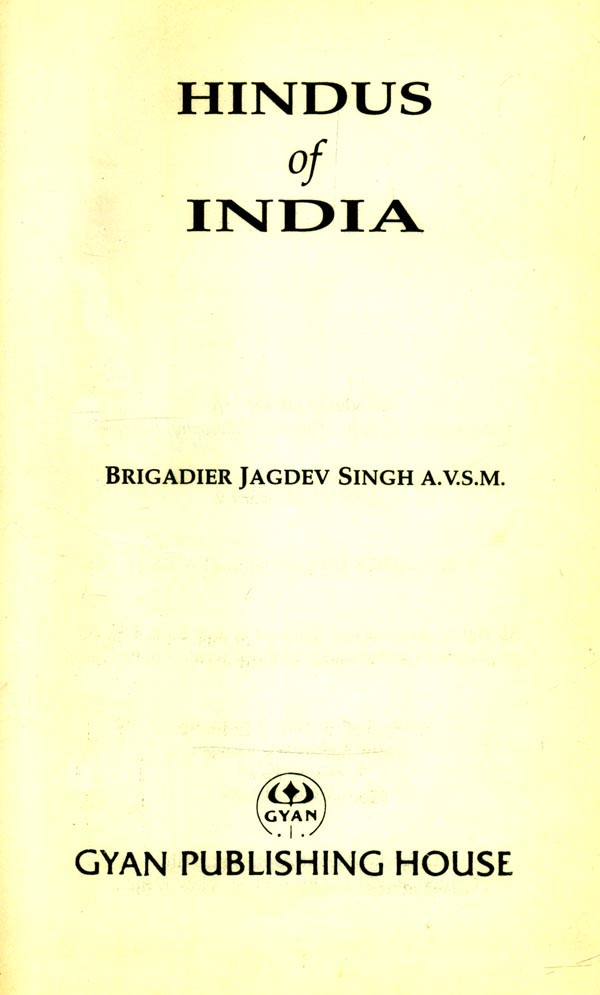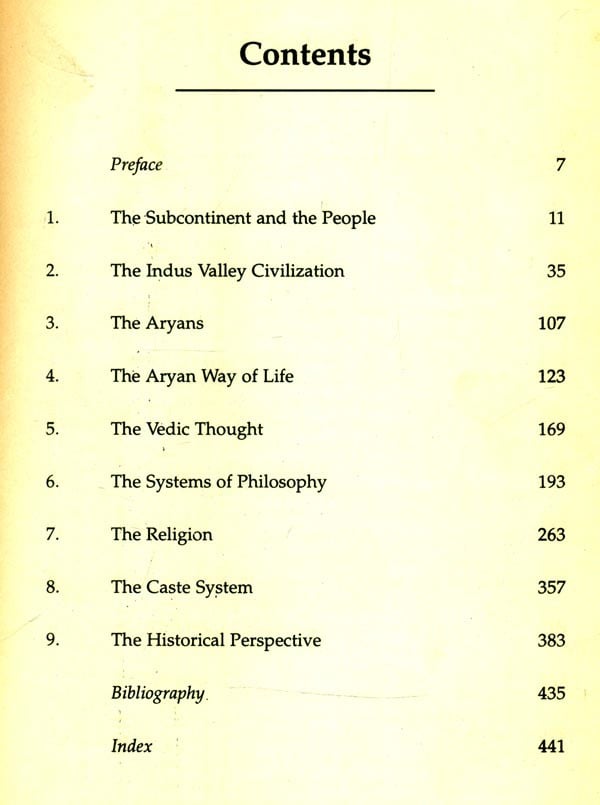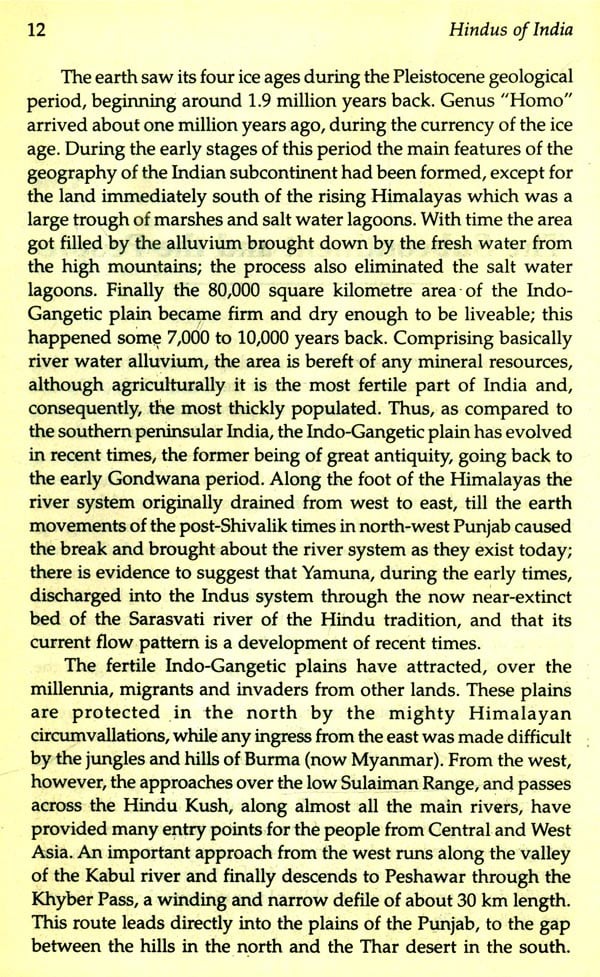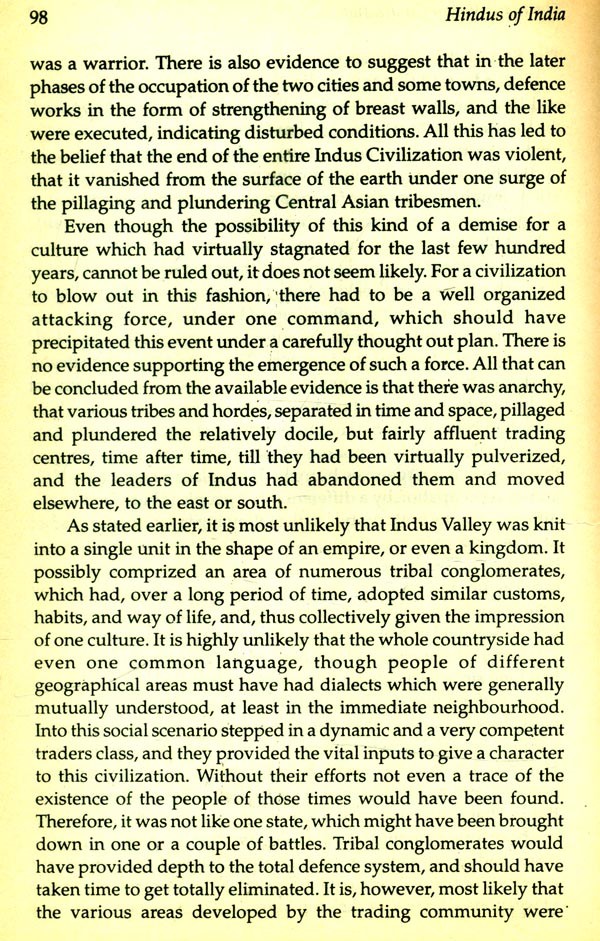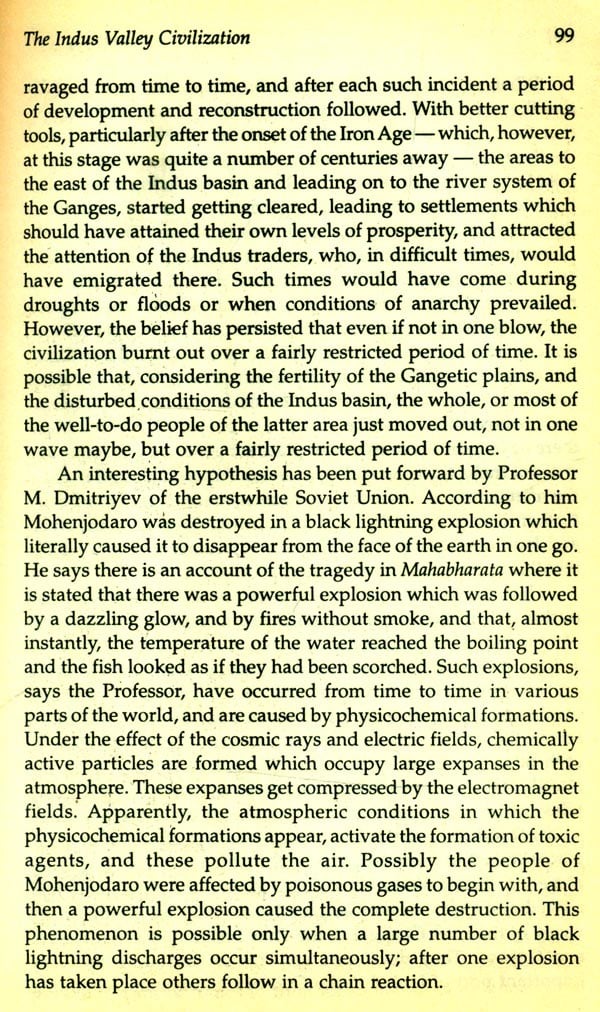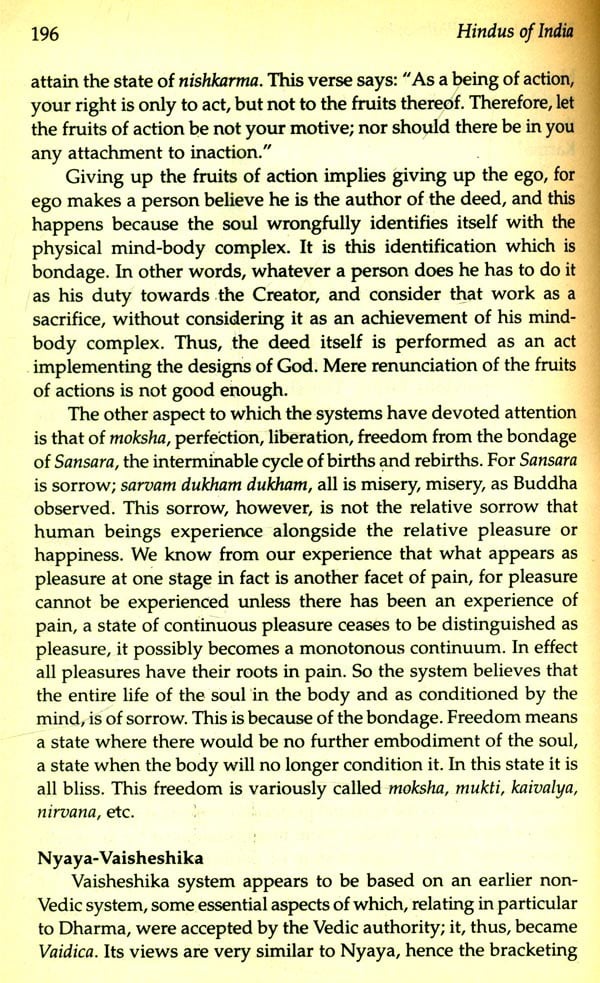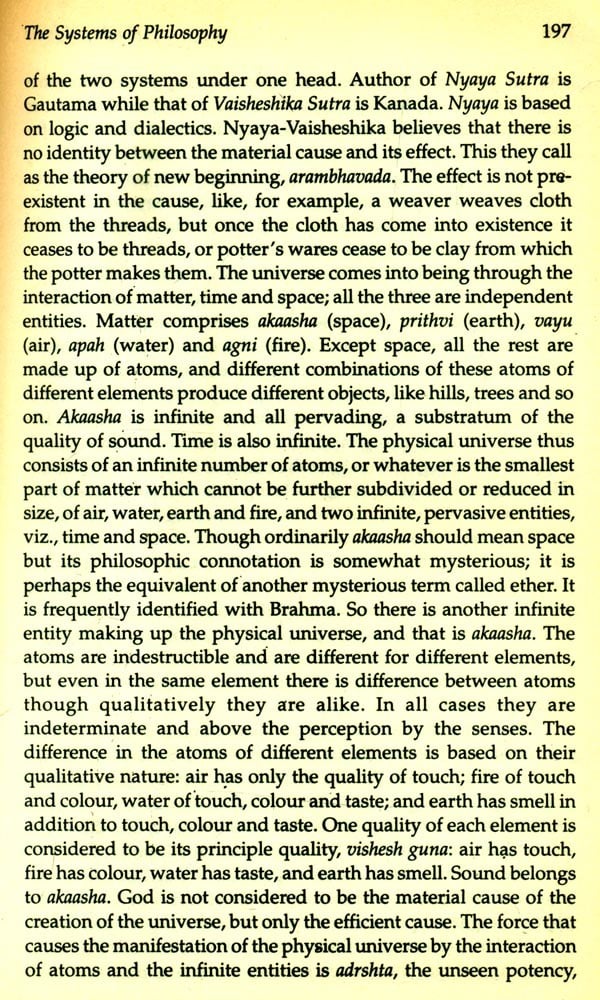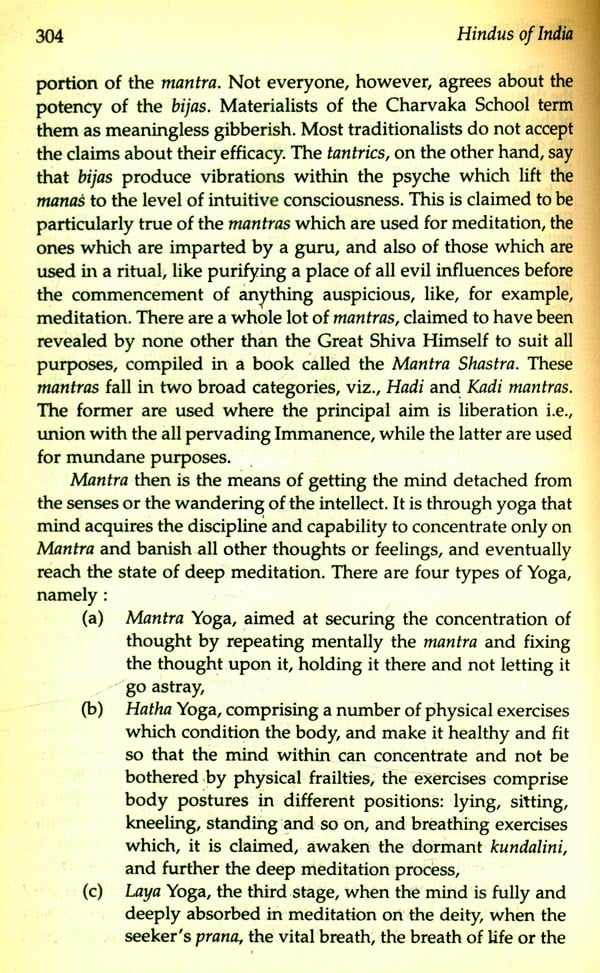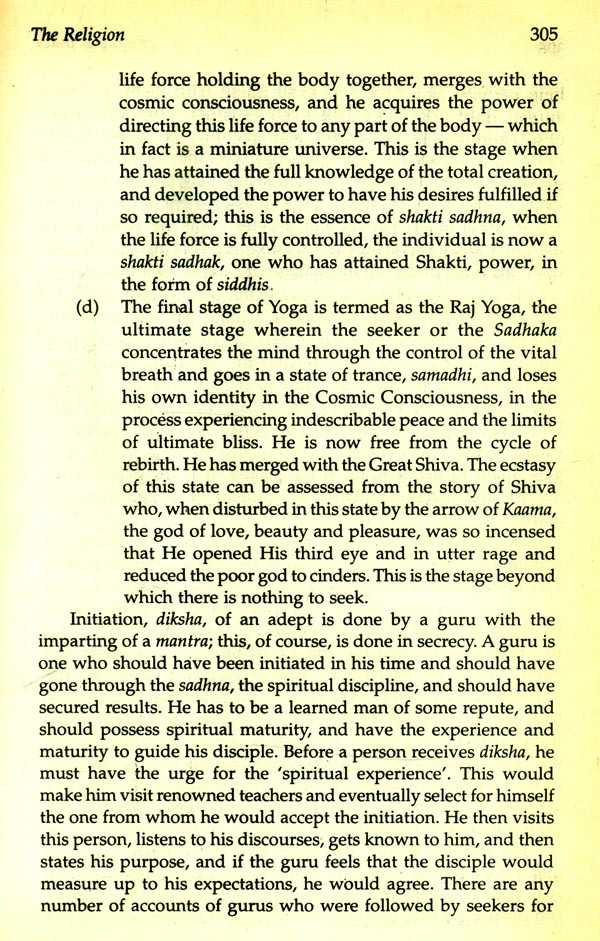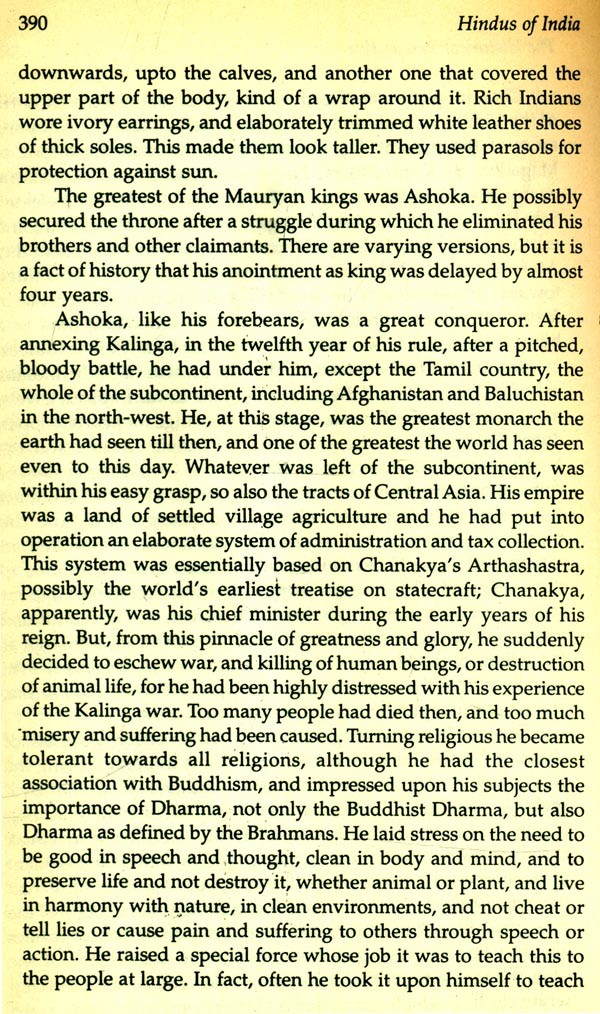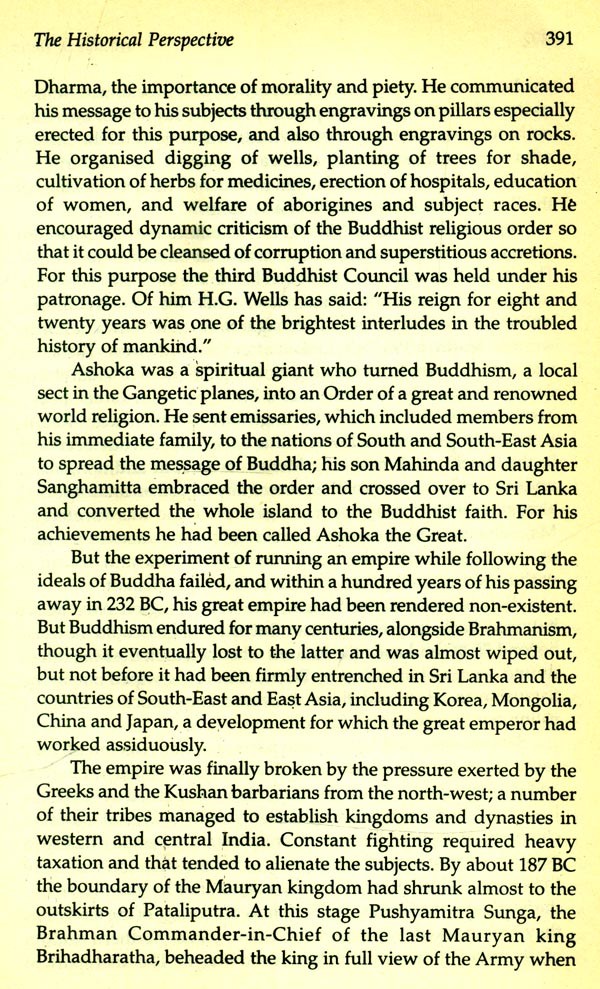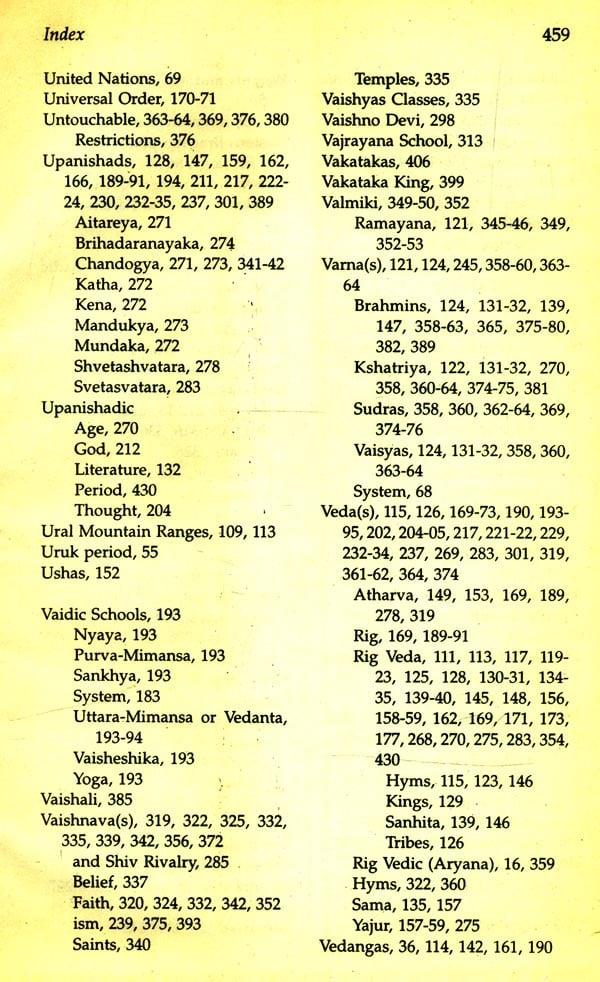
Hindus of India (An Old and Rare Book)
Book Specification
| Item Code: | AZG842 |
| Author: | Jagdev Singh |
| Publisher: | Gyan Publishing House, New Delhi |
| Language: | ENGLISH |
| Edition: | 1998 |
| ISBN: | 9788121205993 |
| Pages: | 460 |
| Cover: | HARDCOVER |
| Other Details | 9.00x6.00 inch |
| Weight | 670 gm |
Book Description
This culture took millenniums in the making; it has in its ambit the time honoured great thoughts that flowered on this subcontinent. It produced people of towering achievements, great emperors and philosophers, warriors and men of sciences, arts and literature, leaders in religion and state craft, some amongst the greatest that ever walked this earth. The second millennium, however, saw its gradual decline, till by the middle of the nineteenth century, its people, having earlier drifted from a scientific temper and unity of purpose, fell, from affluence and the place amongst the world leaders in trade and commerce, and were captured by the British, almost to a man, and were plundered to abject penury. Yet the essentials of the civilization remained intact. What enabled it to withstand the ravages of time were the stolid patience of its people, its culture, the religion and its philosophy, and even the caste system.
During the course of his service, and subsequently, Brigadier Singh has travelled extensively throughout the length and the breadth of the country and has interacted with various groups, sects, tribes, castes that constitute the Hindus of today.
Generally the Hindus are not inclined to use religion for mutual political or financial benefit. It has no in-built political element and has seldom served as a rallying point for any cause other than the cause of religion. Its concern is wholly and solely with guiding its followers along, the path which, it believes, secures for them happiness in this world and in the hereafter, and while doing this its emphasis is on personal experience, on mature and sagacious reasoning, and not on blind faith, for the belief is that the mind has a cosmic dimension and an infinite capacity to comprehend. This is not a faith that coerces its followers to follow any set of tenets, for it has no tenets as such, only guiding lines which, according to it, if followed with sincerity and persistence, lead to the 'experience and, eventually, to emancipation. It does not believe in proselytization, and for this reason, while missionaries of other religions go about constantly seeking conversions to their faiths so as to secure a dout in the running of the affairs of the state, the approach of the Hindu missionary is totally concerned with the affairs of the religion. He believes that the religion is an individual's personal affair and must remain so if it has to serve its purpose. An important thought of the Hindus, in which, possibly, the majority of them believe, lays stress on truth and non-violence.
**Contents and Sample Pages**
